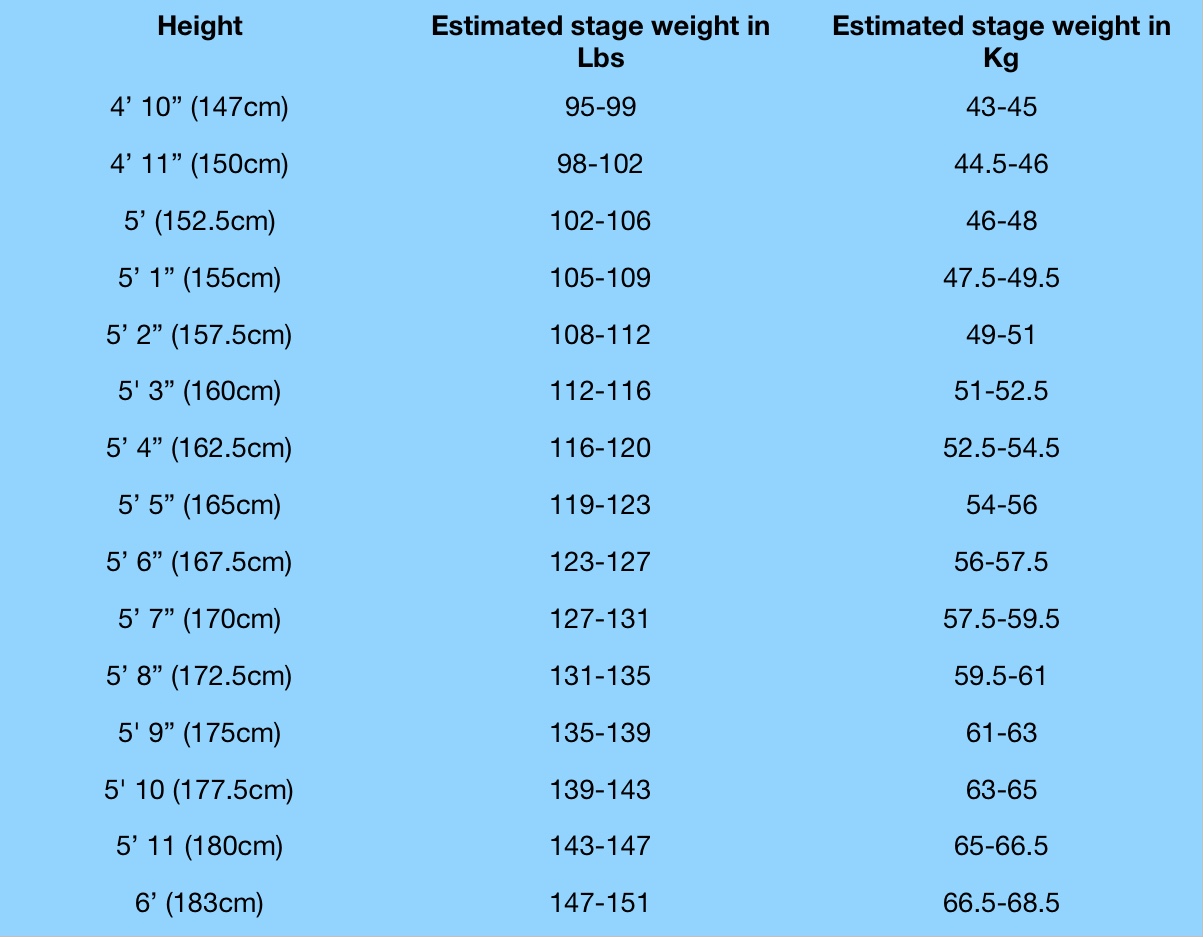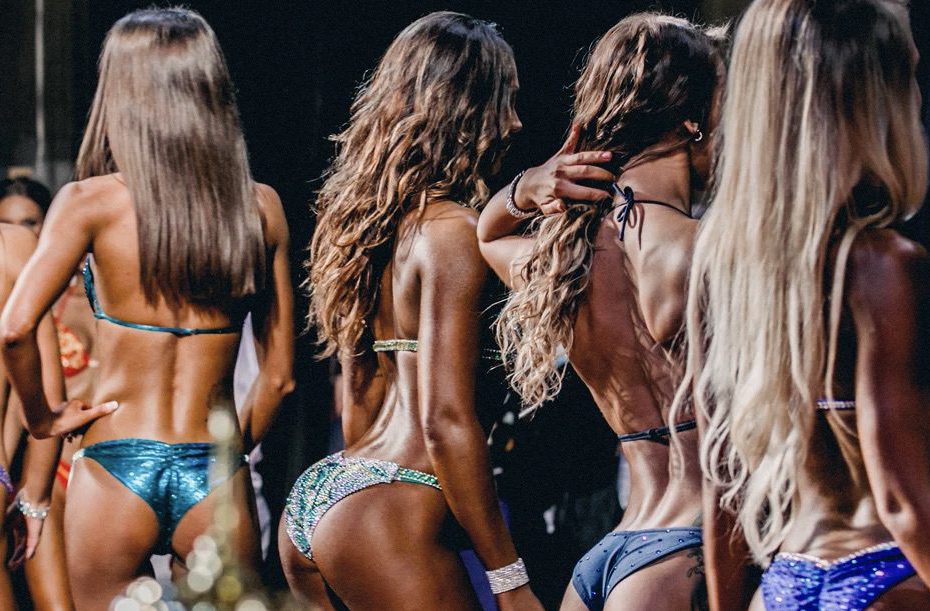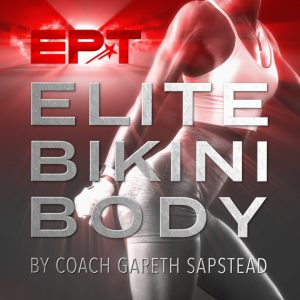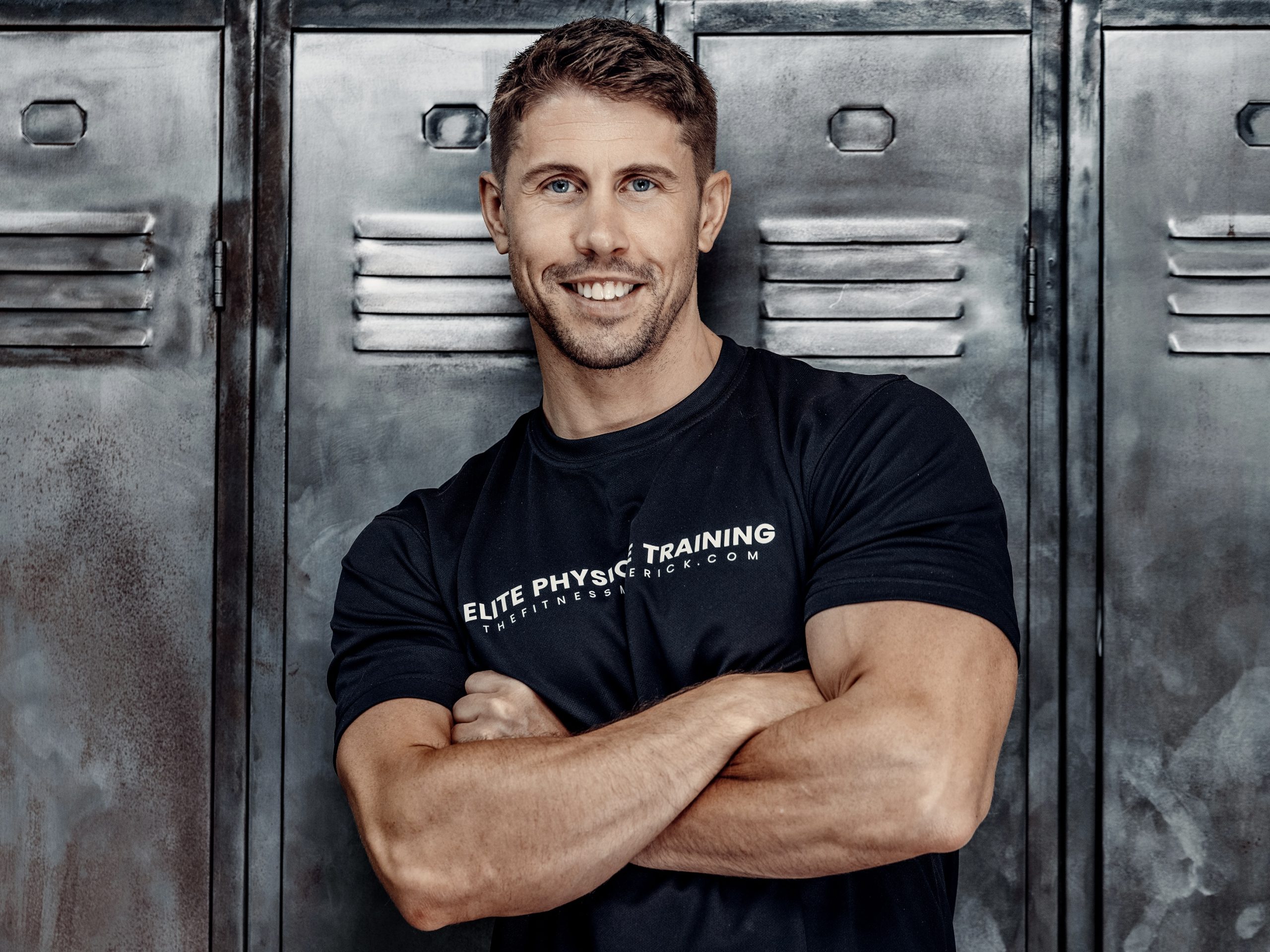Preparing for your first bikini competition is exciting, yet can fill you with nerves all at the same time. On one hand you’ve got the best shape of your life to look forward to, and the confidence boost that comes along with that. On the other hand it’s completely uncharted territory. All you’ve got to go off is secondhand advice, or an article like this from a person whose never worn a bikini in their entire life! Luckily for you I’ve had enough experience working with both pro and amateur competitors to share with you some insights. These are some hard truths you’ll find useful to know before you start your prep.
1 – You WILL have to sacrifice some foods you enjoy
“Without sacrificing the foods you enjoy” is my favorite thing I see fat loss coaches promoting often in their Instagram bios. Sure, marketing has something to do with it, but that doesn’t help you set realistic expectations or get you in your best shape ever. While you definitely won’t need to be living off boiled chicken and rabbit food for 6 meals a day, on the other end of the spectrum you also can’t be dining off pizza and ice cream every evening (for a caveat see point 4).
Let’s say I want you to be eating 140g protein, 160g carbs and 60g fats each day (don’t take these macronutrient numbers literally) then you’d have a hard time getting enough protein, while also staying under your carb and fat targets if you were eating in a certain way. By focusing on lean protein sources (chicken, turkey, eggs, lean beef, wild game, white fish etc.), and maximizing food volume through plenty of vegetables then you actually have very little room for the stuff you might otherwise “enjoy”. Your carbs and fats are better reserved for sources that keep you full, sustain your energy, keep your hunger at bay, and nourish your body. That being said a good Coach can adjust things for you, allow for cheat meals if you need them, and employ diet breaks if things are going well.
Learn about the ELITE BIKINI BODY PROGRAM HERE
2 – Cardio is inevitable
There are those who can “get away” with doing very little cardio and still look crazy lean. However, for most then skipping cardio just isn’t an option. I see better muscle definition, fullness, and a better overall physique when using an approach that would include certain forms of cardio throughout their prep. This is alongside a slightly higher calorie intake than you might otherwise see with those who are less consistent with their cardio.
Essentially, we promote a higher output (burning) of calories throughout prep which allows for a slightly higher input. That doesn’t mean from day 1 you’ll be spending 40 minutes on the stairmaster (as seems to be a form of tradition). Instead it’s about doing the least to get the most, based on a rate of progress scale we set from the get-go. For example an extra 20 minute brisk walk each day might be all that’s needed at the start, meaning that when progress slows later on in your prep we have the option to go for 40 minutes on the stairmaster if needed. Or the spinning bike as I tend to prefer for a number of reasons.
The best bodies are carved with cardio. Specifics like type and intensity we can cover another time, but just know you can’t get away from it and the benefits it can offer – Not only a better overall physique and package on competition day, but improved cardiovascular health and work capacity that’ll help you in the long-run.
3 – You’ll need to be weighing and tracking your food daily
There’s no getting away from having to track your food intake daily. Everything that goes in your mouth needs to be tracked and accounted for, and tracking apps like Myfitnesspal make this easy to do. Yes, even your two daily fish oils need to be accounted for (2000mg of fish oils is 2g of fat and 18 calories added towards your daily target!). If you want to maintain some flexibility with your diet, still want to be eating out, and still enjoy some cheat-style meals then tracking your food will ensure you meet your daily macronutrient targets.
I’ve not met too many physique competitors who do well without tracking, and would instead eat the exact same things every day. Apart from highly elite and tuned-in machines, of course. As depressing as it sounds there’s nothing more exciting than being in the deep stages of your diet and finding out you have extra “energy” calories (fat and carbs) left at the end of the day. Something you’d never experience the euphoria of if you had to stick to a more rigid diet plan. Making sure you have a good set of weighing scales, and maybe some measuring cups and spoons would be a good place to start if you’ve never done this before. To track I personally like Myfitnesspal (free, or pro version for more features), but there are other great apps too.
4 – The more creative you are with food the easier your prep will be
This goes back to the flexible dieting strategy touched-upon in the previous point. You’ve only got a set amount of macronutrients to play around with each day, and if you’re creative enough then there are endless food options at your disposal. This stops your diet from becoming boring, makes you less likely to eat things you shouldn’t, and by experimenting with different recipes can help keep your mind off wanting to eat everything in your snack cupboard.
Why have a protein shake with tasteless carb powder after your workouts when you can have some protein pancakes you prepped and froze the week before? Or a giant bowl of greek yogurt topped with strawberries and crushed meringue? Or, PB&J rice cakes courtesy of my buddy and top trainer PJ Striet (powdered peanut butter mixed with yogurt and vanilla protein powder to make your peanut butter, no added sugar strawberry jelly, layer on rice cakes)? In the deep stages of prep you’ll be less worried about “optimal post-workout protein and carb sources” anyway, and more concerned with staying full and hitting your daily macronutrient targets.
We’re talking about being creative here, which doesn’t necessarily mean complicated and time-consuming. Another example from my coaching client Shelace Shoemaker (IFBB figure pro and Olympian) would be her disturbing obsession with diced cucumber sprinkled with cinnamon and sweetener. It’s weird but it seems to work. Especially when you’re craving something sweet with very few calories spare for a snack.
As an example from yours truly, if you follow my instagram stories you’ll see the abundance of “fakeaway” meals I conjure up regularly – macro-friendly versions of takeaway meals. For example using iceberg lettuce as a burger bun, patty made with 5% fat beef mince, low fat cheese and pickles. Replacing your carbohydrates (rice, noodles, pasta, mashed potato) with plant-based high-volume foods also helps open up plenty of modified recipe options (cauliflower rice, butternut squash noodles, courgetti, hearts of palm, shiratake noodles etc.).
5 – You’re not just being judged on your physique…
Whether you’re competing on stage or getting ready for a photoshoot then you also need to understand that you’re being judged in how you look. Everything matters from your makeup to your skin tone and texture, to what you’re wearing. It’s making sure you look your absolute best (and have stage/camera presence) for the people watching.
Knowing how to pose and position yourself to make the most of your bikini body is a must. Practicing after each workout, or by yourself in the mirror as often as you can is essential. For competitions I recommend finding a good posing Coach in your area, or there are some that also offer online classes. Start this early in your prep to build confidence and stage presence and limit potential anxiety and stress in the later weeks when you really could do without it.
6 – If you think you need to lose 20lbs, it’ll be more like 25
Okay so not an extra 5lbs exactly. But, from experience, most first-timers will underestimate how much body fat they’ll need to lose in order to look their best. In large part I think some of this is down to societal expectations of how much a woman “should” weigh, and weight being too low being unhealthy. Let’s remember here that you’re not the average untrained person off the street that could be starving themselves of important nutrients to look skinny. You’ll be a healthy, highly-nourished machine!
Competing is a sport and we’re taking our bodies to an extreme by doing it. At times your muscles will be depleted, and some last-week tweaks to your diet will have you rid of any excess water and bloating to make you look as defined as possible. It’s only temporary, but your weight will likely drop more than you’d have initially thought. Additionally, you might just be carrying more body fat than you first thought. Which is fine. For bikini competitors here are some ballpark figures for what your ideal stage weight might look like from experience:

Preparing for your first bikini competition or photoshoot should be an exciting challenge that you’re able to tackle head-on. Getting a realistic idea of what’s in front of you will allow you to enjoy the process a whole lot more, while guaranteeing an impressive physique by the end.


